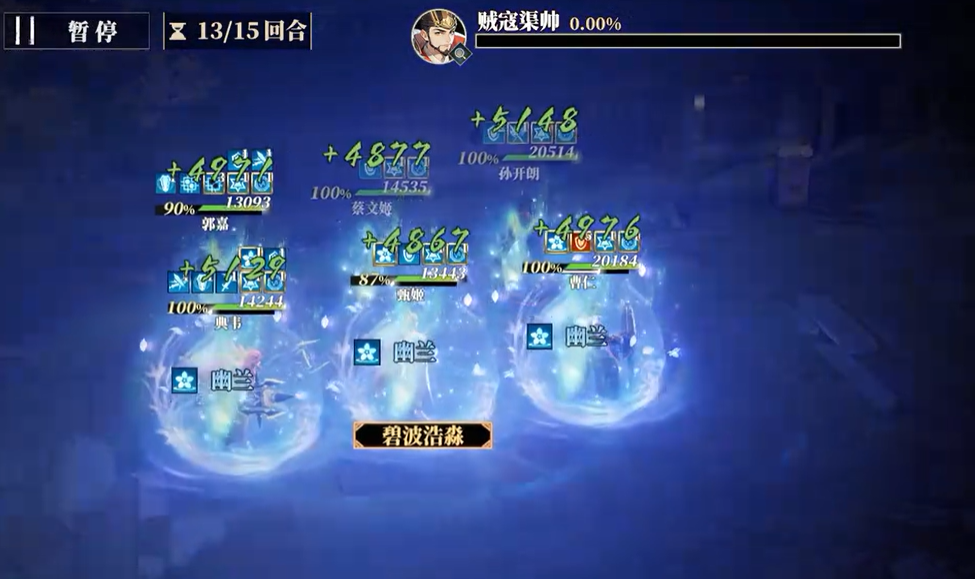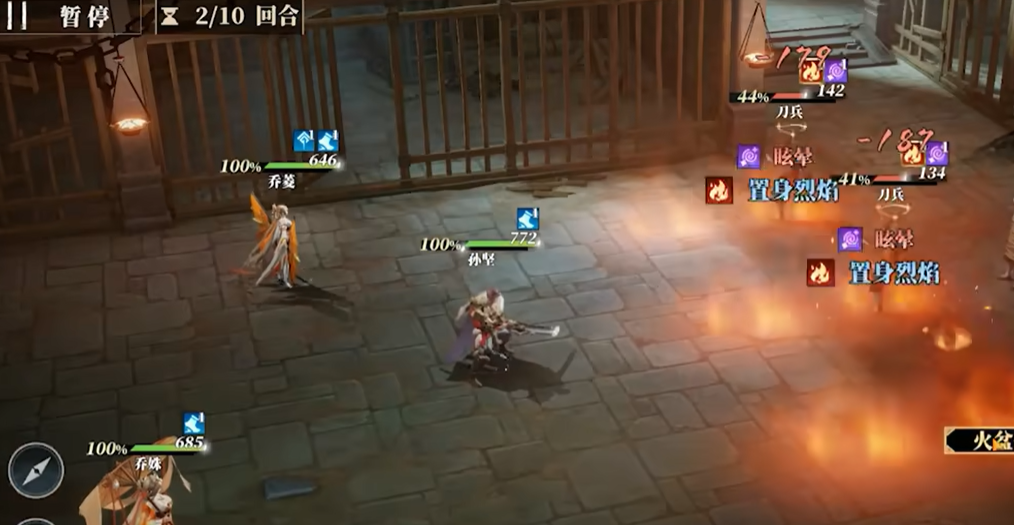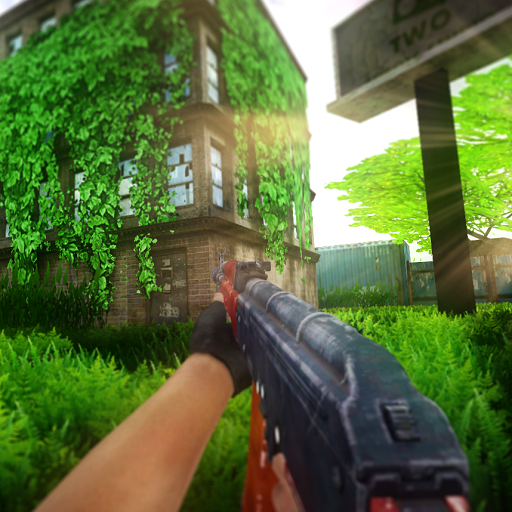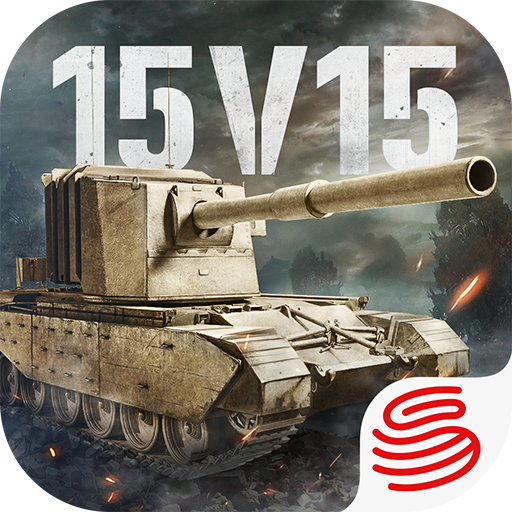In this episode of the新手攻略分享for Three Kingdoms: Ascend to Power, we will delve into the unique charm and gameplay of this game today. Set against the backdrop of the tumultuous Three Kingdoms era, it allows players to personally experience an age where heroes and valiant figures emerged in abundance, vying for supremacy over the Central Plains. Here, players can collect images of numerous historical figures and form their own powerful armies.
For new players just starting out, the primary task is to familiarize themselves with the key resource systems in the game. Food supplies and copper coins are crucial resources in the game, and there are various ways to obtain them. Players can acquire a large amount of food through levies, which is the most direct and common method. Additionally, by constructing farmland buildings in the fiefdom gameplay, one can steadily produce food. The acquisition of copper coins, on the other hand, is more flexible; besides levies and fiefdoms, escorting military supplies is also an important way to get a lot of copper coins.
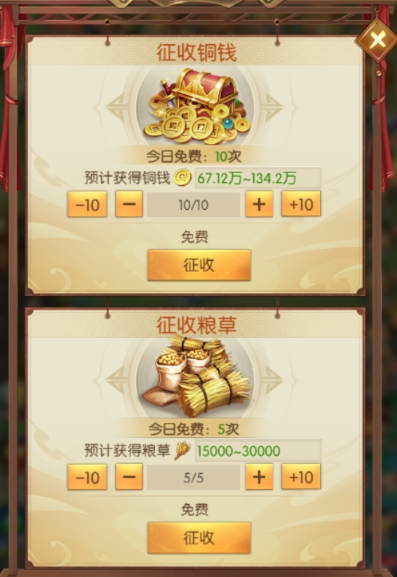
The city battle gameplay is a major highlight of the game, but participation requires joining a faction first. In the game, cities are divided into different types. Apart from the capital, all other cities can be directly attacked. Players can deploy multiple teams for combat, while the defending side will have NPC teams automatically dispatched by the system for resistance. If a city has already been occupied by another player, that occupier can also send additional teams for defense. It's important to note that the same team can only participate in one city battle at a time. When all teams on either side are eliminated, the city battle ends.
Attacking the capital requires even higher strategy and preparation. The lord needs to declare war in advance, and the defensive forces of the capital are stronger than those of ordinary cities. Only after successfully capturing a city, and if the lord’s faction already owns a city adjacent to the captured one, can the occupation proceed. The capital will be occupied by the faction that declared war. For other types of cities, if the lord defeats the last defending NPC, then the city will belong to the lord's faction.
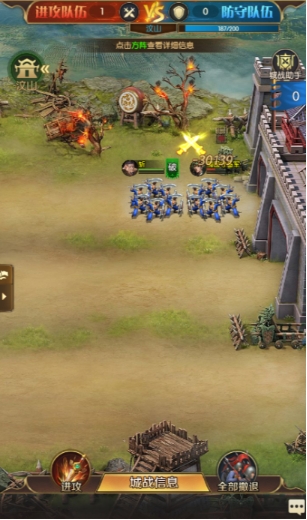
In battles, you can lead 5 generals into combat each time. The strength of the team depends on the total combat power of the deployed generals. During combat, whoever fills their general's rage bar first gets to release skills first. Once all the enemy's generals are defeated, it means winning the battle. The strength of the generals is influenced by their combat power, so before engaging in battles, players need to carefully select high-combat-power generals to form a team, enhancing the overall strength of the team. Additionally, by nurturing the generals, their combat power can be increased, giving them an advantage in combat. Quickly accumulating rage and releasing skills are key to winning battles, unlocking city resources, and advancing the conquest process.
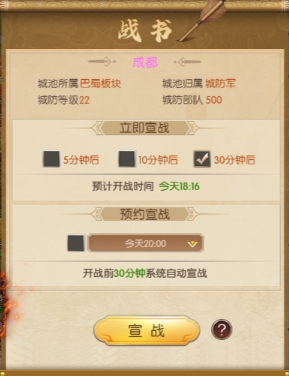
During the initial stages of team building, it is recommended to use national series combinations, as this can provide greater bonus effects. As for archers and strategists in your possession, try to place them at the back of the formation to utilize their long-range attacks and strategic advantages. Shield bearers should be placed at the front, and the remaining spearmen and cavalry can be positioned flexibly based on the opponent's situation. In the early stages of the game, it is essential to develop the habit of clearing the shop for experience books daily. This is because, in the early stages, experience books are crucial items for quickly leveling up characters, helping players to rapidly increase character levels.
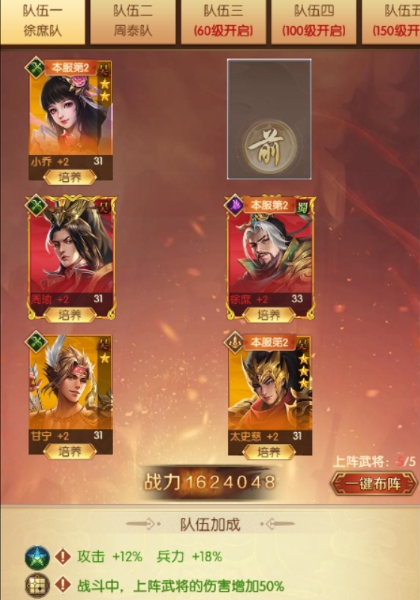
Besides shopping, the game also offers a wide variety of activities and dungeons for players to participate in. Different activities and dungeons provide different rewards. Some activities may focus on providing experience points, while others might drop enhancement items, and some activities might directly reward copper coin resources. In the early stages, resources are relatively limited, so how to allocate them reasonably needs careful consideration. Although using all acquired resources to enhance character strength might seem to allow players to develop rapidly in a short period, this approach is not advisable.
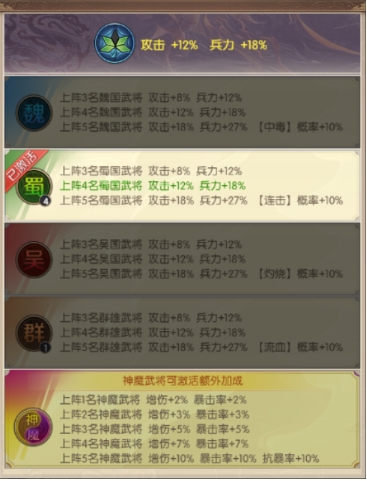
As the game progresses, the quality of the characters will gradually become a key factor in determining their development potential. Characters with lower quality, due to their inherent attributes and growth limitations, will find it difficult to reach high levels even with substantial resource investment. Therefore, in the early stages, players can choose to develop characters that level up quickly and have high output, rapidly increasing their combat power and gaming experience. Meanwhile, the remaining resources should be properly saved for later, to be used for the long-term development of high-quality and high-potential characters.
This concludes our beginner's guide for Three Kingdoms: Ascend to Power. Familiarize yourself with these tips before diving into the game. This way, not only can players maintain a fast development pace in the early stages, but they can also reserve more resources for the growth of their characters in the later stages.
